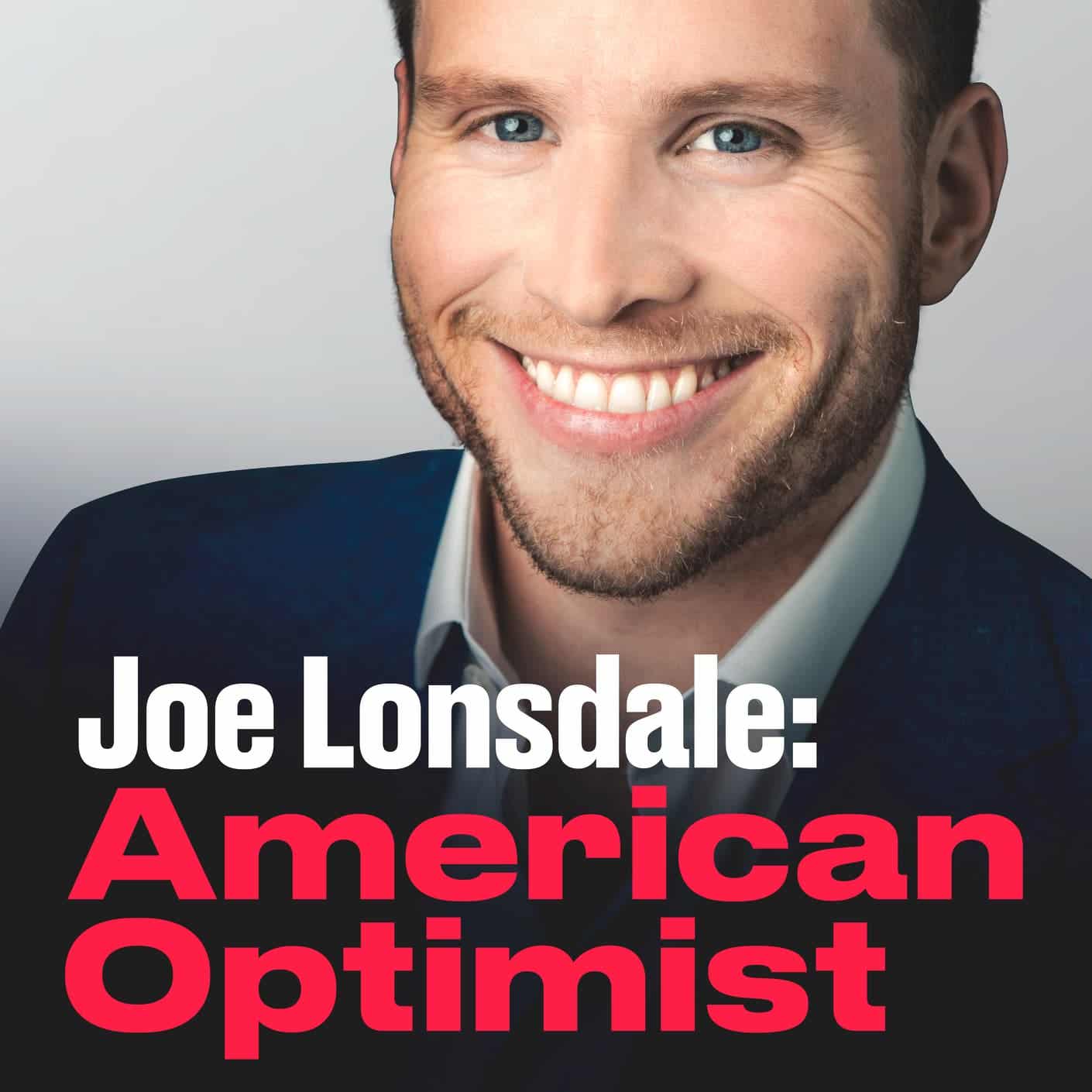Ep 89: Coleman Hughes on "The End of Race Politics" & the Worst Ideas Done in the Name of Diversity
Description
At Columbia University's freshman orientation, Coleman Hughes and his classmates were separated into groups by skin color to discuss the effects of racism, with minorities portrayed as victims and white students as beneficiaries. Why have exercises like this become commonplace in elite institutions? How did this neo-racism take hold? And what are the counter-arguments and better approaches to race and diversity?
These questions are at the heart of Coleman's new book: "The End of Race Politics: Arguments for a Colorblind America." A talented, rising public intellectual, Coleman was one of the first courageous voices pushing back against the "anti-racist" pablum popularized by Ibram Kendi and Robin DiAngelo. He's a contributor to The Free Press, analyst at CNN, and host of the popular podcast "Conversations with Coleman."
In this episode, Coleman argues for a return to colorblindness and the ethics of MLK — not that we pretend we can't see race, but that we strive to move beyond it and focus on character, culture, and merit instead. He makes the case that socioeconomic factors, not race, are more accurate proxies for helping the most disadvantaged in society, and our public policy should be oriented as such. He also exposes the lazy thinking and platitudes that permeate conversations about race, along with some of the worst ideas done in the name of diversity, such as rejecting standardized tests. Finally, we discuss a better way to acknowledge America's past sins while moving forward in a way that unites our country.
This is a public episode. If you would like to discuss this with other subscribers or get access to bonus episodes, visit blog.joelonsdale.com
More Episodes
Published 11/22/24
Published 11/15/24
For Episode 100, we have a special conversation with Elad Gil, one of Silicon Valley's great thinkers, builders, and investors. Elad has been involved with many of the leading technology companies of the past 20 years — and likely the next 20 years. Learn how he's backed dozens of unicorns, why...
Published 11/02/24


